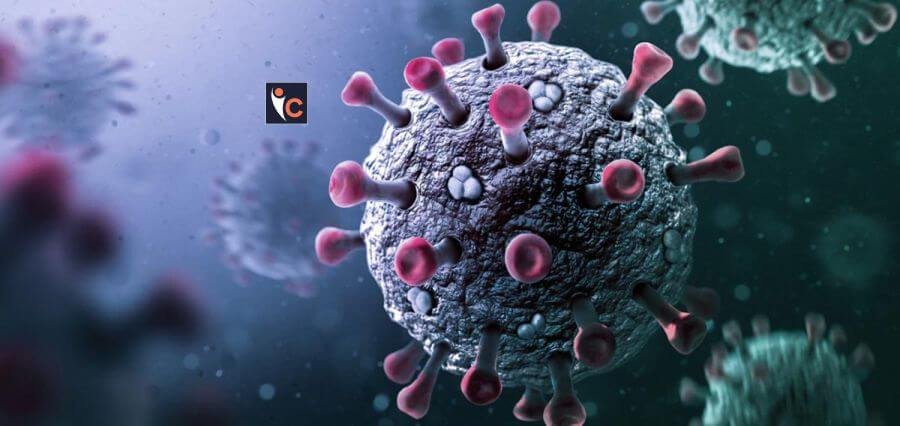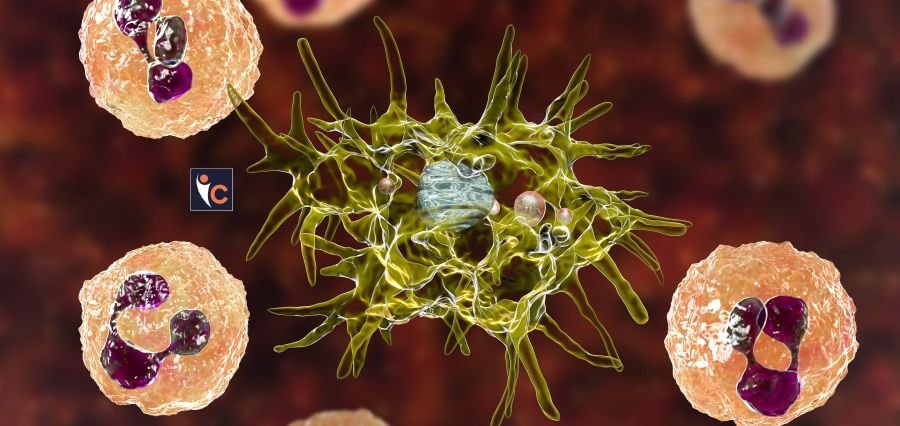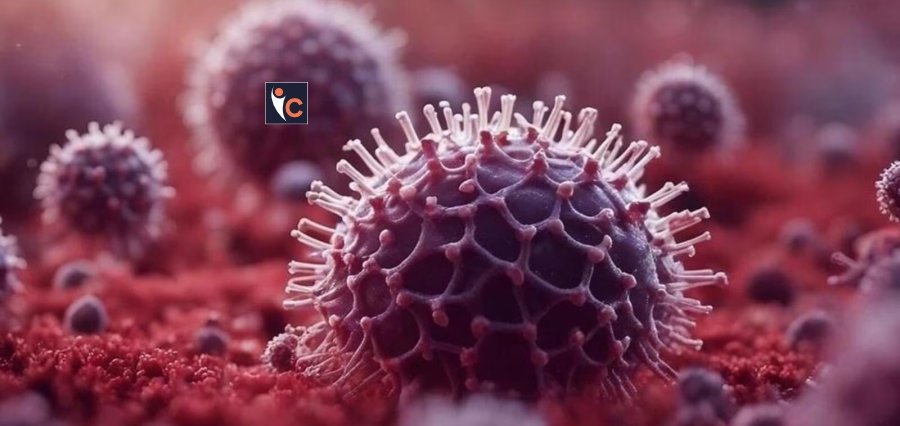Without antibiotics, illnesses that are currently treatable can resurface as deadly infections as more germs evolve resistant to widely used medications.
Just for a second, picture yourself as suffering from a urinary tract infection (UTI). It’s only uncomfortable at first, but it gets fairly painful rather rapidly. This one doesn’t lend itself to lying down with a heating pad and guzzling cranberry juice. Fear not—there’s a simple fix available: visit your physician and obtain an antibiotic prescription.
After you begin taking the small pills, your symptoms should go away in three to five days. Painless in just a week! Thank heavens for the advances in contemporary medicine.
Consider a world without antibiotics. Your kidneys or bloodstream could become infected with the virus. You would be in danger of dying.
A world without antibiotics isn’t a scene from a horror film or alternate reality. It is now a fact.
The medications we’ve created to treat the infections these bacteria cause are losing their effectiveness against an increasing number of microorganisms.
Using antibiotics to kill bacteria is the core premise. However, the bacteria could always manage to survive and adapt. Unchecked, they can proliferate and pass on “survivor” genes that have developed resilience.
While having access to an antibiotic that is no longer effective is equivalent to not having any antibiotics at all, this does not imply that all antibiotics will vanish overnight.
According to a study published in the medical journal The Lancet, antibiotic-resistant bacterial illnesses claimed the lives of over 1.27 million people worldwide in 2019.
As per the European Centre for Disease Prevention and Control, over 33,000 individuals in Europe pass away from antibiotic-resistant bacterial infections each year, accounting for over 670,000 infections on the continent.
Experts in medicine are growing more concerned about the fact that several of our reliable antibiotics are becoming less effective.





